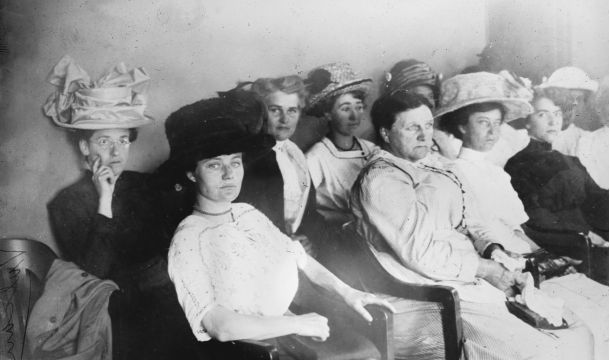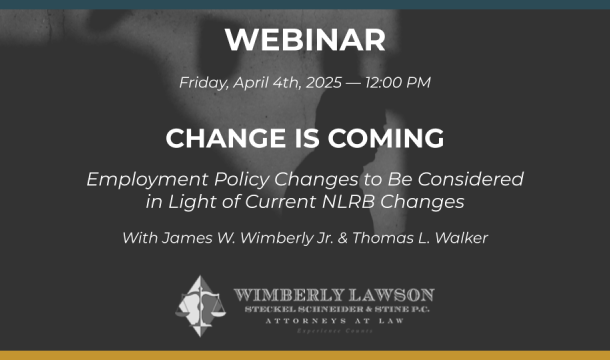NLRB Prohibition of Employer Rule "Walking Off the Job" Enforced in Court
One of the most common work rules that any employer utilizes is a rule prohibiting "walking off the job" without permission. This newsletter has included many articles over the last year or so warning employers of the current view of the Administration and the NLRB, that many employer work rules are over broad and "chill" legitimate union and other protected concerted activities. A classic example of a protected concerted activity is a general work stoppage or strike, whether a union is involved or not. The NLRB has concluded that a general work rule prohibiting walking off the job might be interpreted by employees to prohibit such a general work stoppage or strike.
The author believes that the NLRB has discarded many years of precedent as well as common sense in making such rulings. The hope was that common sense would come back to prevail, and/or that the courts of appeals in addressing such NLRB decisions, would strike them down. However, in December, the Eleventh Circuit Court of Appeals enforced an NLRB decision that a work rule prohibiting "walking off the job" violated the National Labor Relations Act. Ambassador Services, Inc. v. NLRB, 197 LRRM 2556 (Eleventh Circuit, 11/15/13).
Editor's Note: The danger in having an invalid work rule according to NLRB principles, is that the disciplinary action under such rule will be deemed unlawful, and could also be used against an employer who wins a union election by unions who contend that the election was invalid and must be set aside, and another election directed. It is possible for an employer to show that despite the alleged invalid work rule, disciplinary action was nevertheless lawful. The author recommends that when an employer rewrites its employee handbooks and other work rules, that the handbooks and rules be reviewed by a competent labor lawyer. The situation, however, is not so critical that all employers should immediately rewrite their handbooks and work rules.
Related Content
Get Email Updates

The EEOC and DOJ Issue Guidance on DEI

Considerations When Government Officials Show Up and Request to Meet with Individual Employees

How Jurors Evaluate the Fairness of an Employer’s Actions

Some of the Controversial Issues Currently Being Faced by Employers in Light of Recent Developments

Frequently Asked Questions About Recent Immigration-Related Actions



